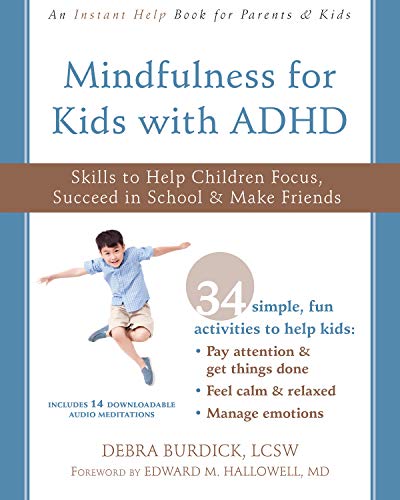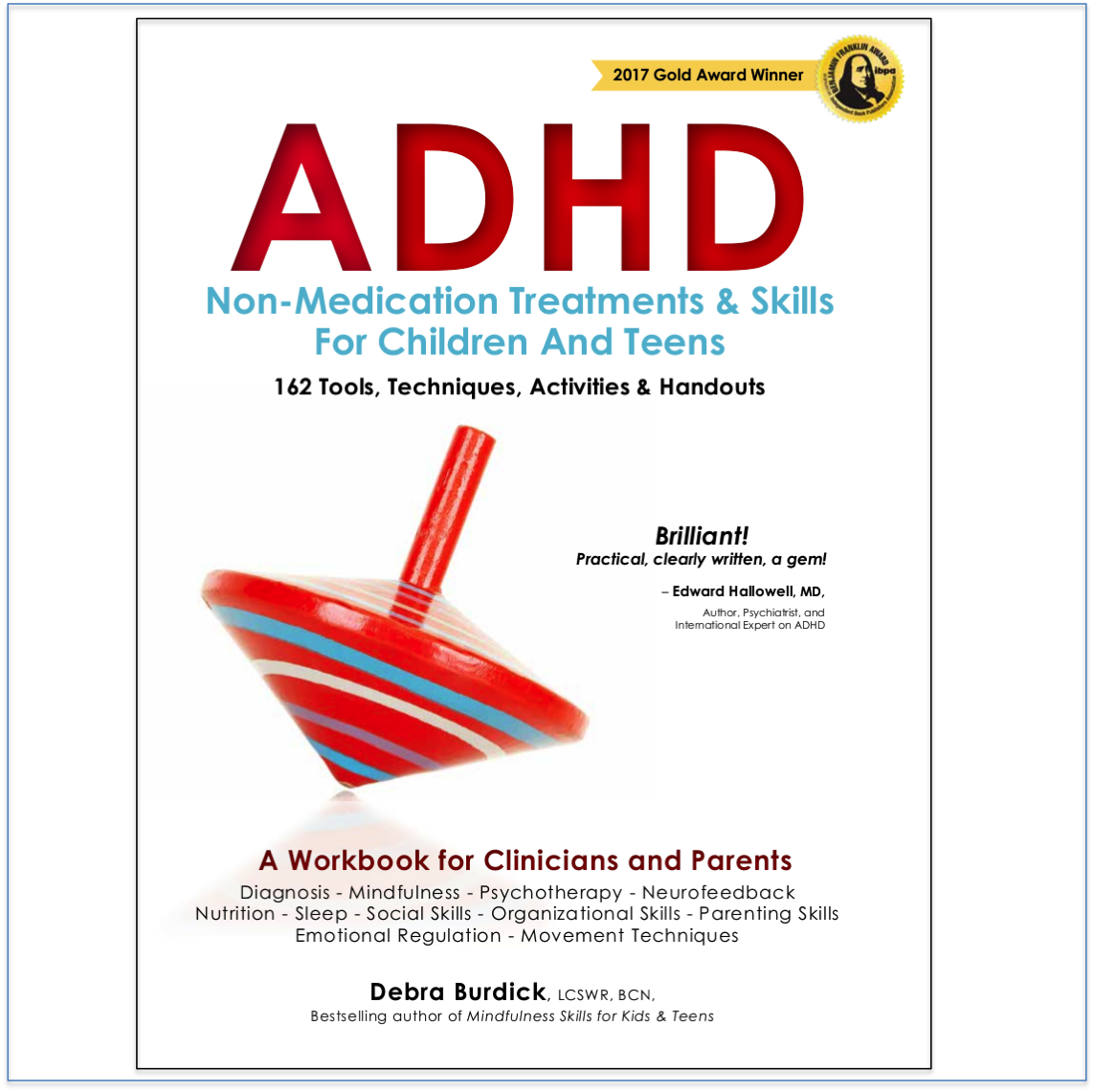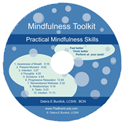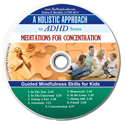BiPolar Disorder
 If you have been diagnosed with, or believe you may have, bipolar disorder, you are all too familiar with the unpredictable mood swings, the rapid cycling of emotions, the difficulty focusing, and the impulsive behavior you can’t always control. You know the pain of damaged relationships, work or school challenges, and the feeling that you can never quite relax or feel comfortable.
If you have been diagnosed with, or believe you may have, bipolar disorder, you are all too familiar with the unpredictable mood swings, the rapid cycling of emotions, the difficulty focusing, and the impulsive behavior you can’t always control. You know the pain of damaged relationships, work or school challenges, and the feeling that you can never quite relax or feel comfortable.
Bipolar disorder is a condition in which people experience intermittent abnormally elevated (manic or hypomanic) as well as, abnormally depressed states for periods of time in a way that interferes with functioning. Not everyone’s symptoms are the same, and there is no simple physiological test to confirm the disorder. What distinguishes bipolar disorder from unipolar depression is that the affected person experiences states of mania and depression. Many patients are initially diagnosed and treated as having major depression until the manic episodes are recognized.
A person with BiPolar Disorder has a brain that is not well regulated. Mood changes abruptly to intense depression and then to intense mania. This shift in mood clearly demonstrates an instability in the brain.
TREATMENT
Bipolar Disorder is typically treated with mood stabilizing medication. But there are a variety of effective treatment modalities. Psychotherapy can help a person learn effective coping skills to manage the symptoms and increase awareness of changes in mood and triggers that make symptoms worse.
Mindfulness skills can be helpful in moderating the mood swings. One man I treated found that once he incorporated a daily practice of mindfulness his symptoms were less intense and he reduced the need for hospitalization from many times per year to several years between.
Neurofeedback helps the bipolar brain to become better regulated. I worked with a man in his late thirties with a history of bipolar cycles since adolescence that had disrupted his life, work, and relationships in major ways. Neurofeedback moderated his cycles, reduced the manic episodes in intensity and frequency and completely changed his life for the better.
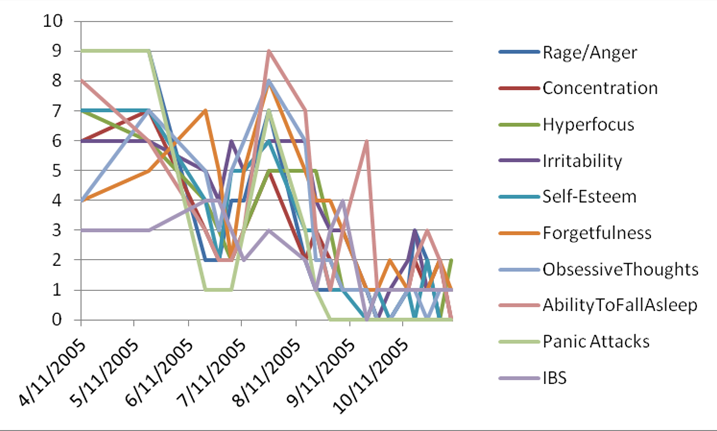
Caution: The information presented here is for your reference only and should not be used to diagnose or treat any condition. It is not intended to substitute for the advice of you or your child’s medical doctor or mental health professional.
PLEASE NOTE: As of December 31, 2014 Deb has retired from her private practice and is no longer accepting new clients so that she can concentrate on writing and teaching. The above is for historical/informational purposes only.



